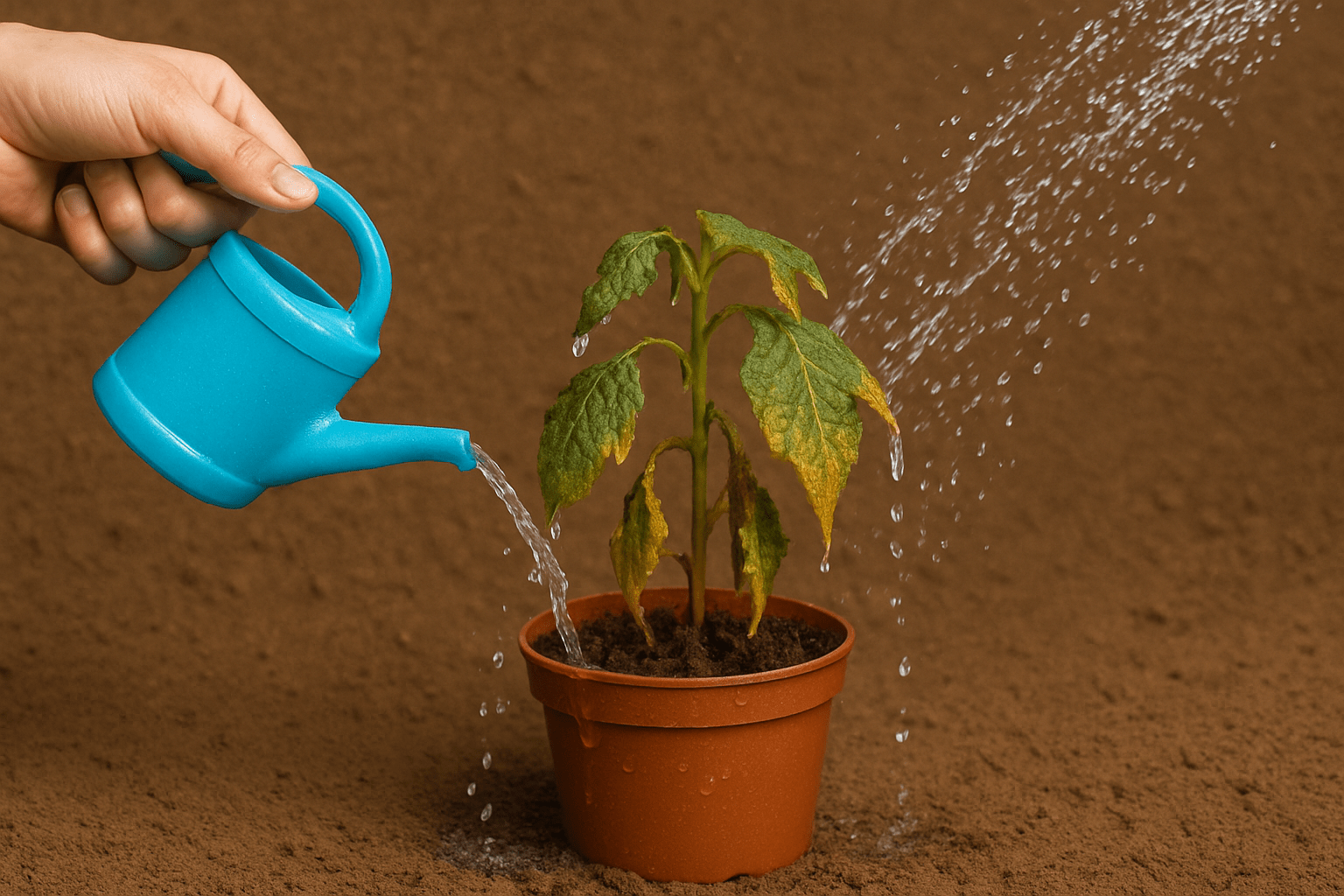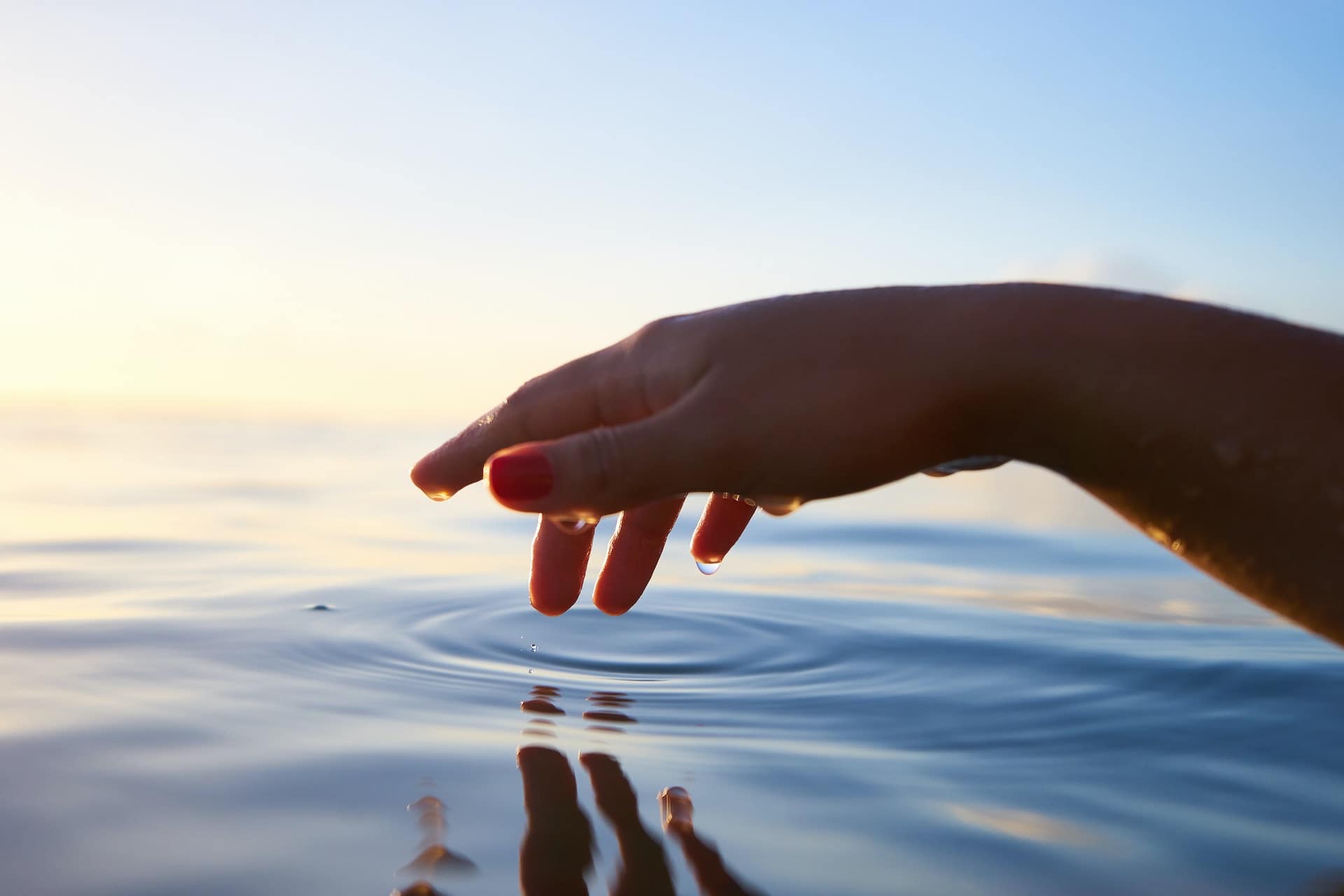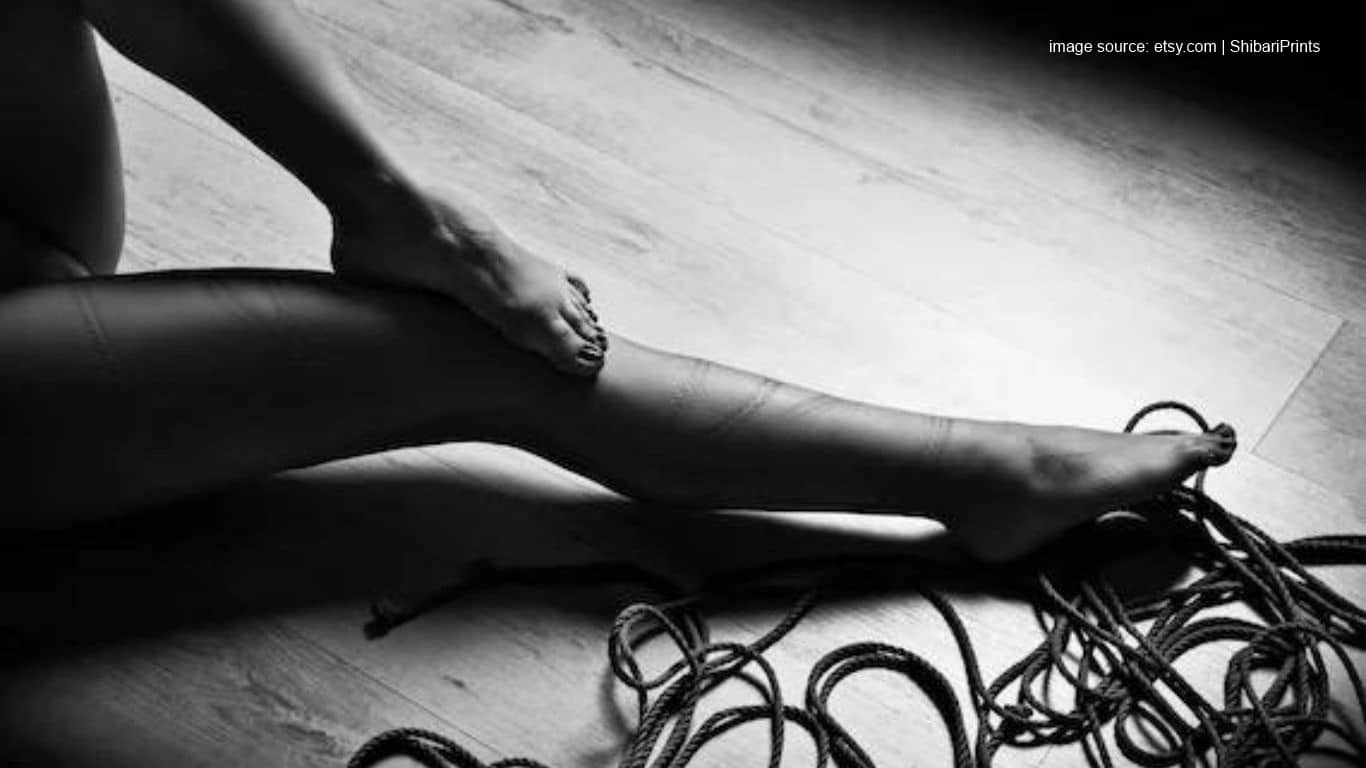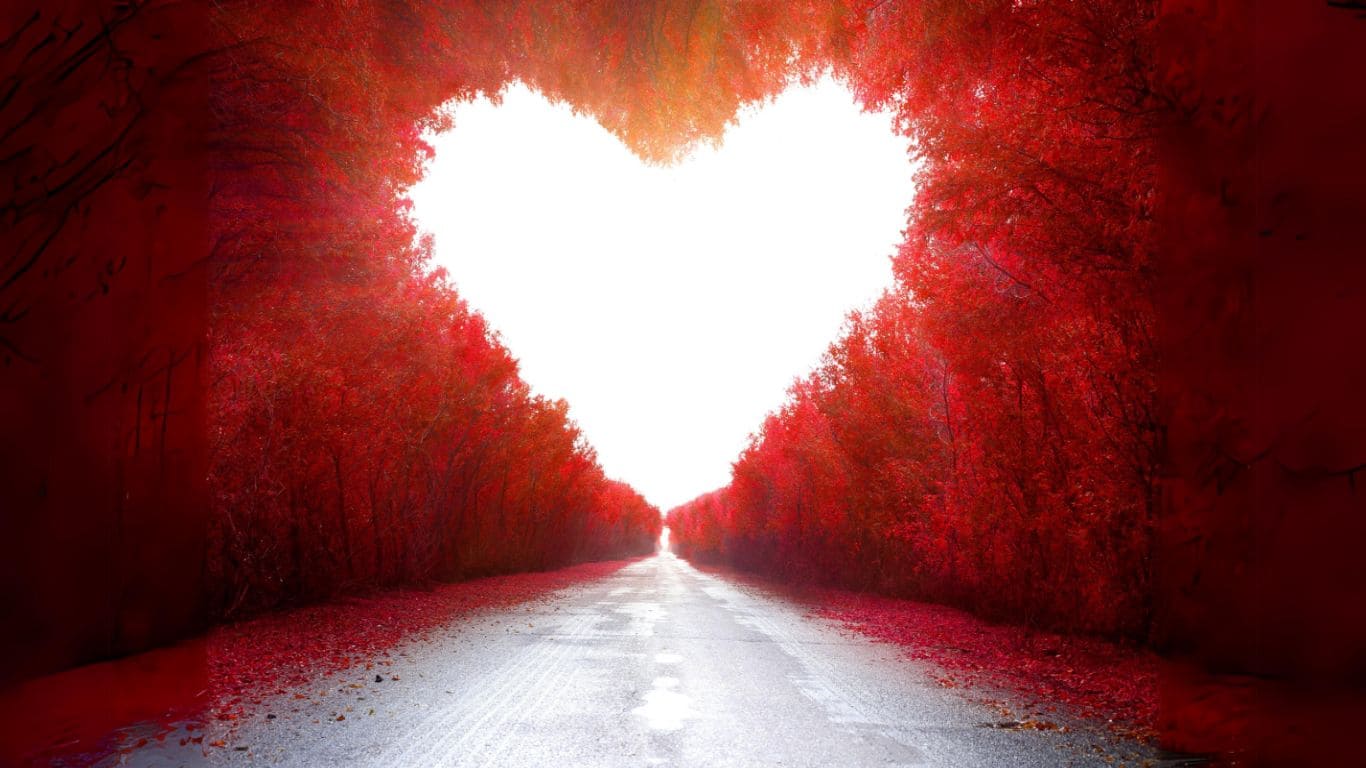This post is the culmination of months of reflection on personal boundaries — why they matter and how chaotic life can become without them. Writing always helps me find clarity, and while this writing has been deeply personal, I hope it helps you reflect on your own boundaries, too.
We often fear setting boundaries with our friends, partners or anyone else for that matter, worrying about rejection, losing them, or coming across as controlling or even selfish.
Personal boundaries aren’t impenetrable walls meant to shut people out of our lives. They need to exist for our connections to grow in a space where we feel seen, respected, and safe to be ourselves. Boundaries are not about exerting control or being selfish, rather they reflect self-awareness and self-respect. It helps us protect our autonomy while also showing up more honestly and compassionately in all our relationships.
Boundaries: My Lifeline
For me, boundaries have always been a lifeline. They make me feel safe — even in the most casual of settings. I’ve always been highly sensitive; I remember crying nonstop as a child over the slightest noise or disruption around me. I’m what they call an HSP — a highly sensitive person. I once had a conversation with a close friend of mine, who also happens to be my tattoo artist, and while talking about hypersensitivity, she pointed out how it can sometimes be a trauma response. Maybe that’s true. But honestly, I’ve always felt like I came into this world this way. Still, I won’t deny that some of my early life experiences may have shaped or amplified that sensitivity — making it all the more important for me to have my personal space and boundaries seen and respected.
Sometimes, hypersensitivity can feel like a double-edged sword. On one hand, it brings incredible insight into my life and the people around me. I pick up on the subtlest energies, moods, and shifts that most might overlook. But on the other hand, it can be excruciating — I often feel things I wish I didn’t. Emotions hit deeper, and not everything is easy to shake off. Still, over the years, my perspective has shifted. I’ve slowly come to see this sensitivity as a gift — one that allows me to connect with others in beautifully intimate and empathetic ways.
That said, when you pair that with my strong need for personal boundaries, I know it can sometimes confuse or even overwhelm others. I don’t deny that. But it’s part of what helps me stay grounded, and stay true to myself.
Whenever someone crosses my personal boundaries, it stirs something deep inside me — often leaving me completely out of balance. To give you some context, I’m a survivor of sexual abuse and multiple rapes as a child. It took me decades — and more than one attempt with suicide — to even begin the process of healing. No child should ever have to carry that kind of pain. But the world, as we know, is far from the ideal place we wish for it to be.
Because of what I went through, protecting my personal boundaries isn’t just a preference — it’s essential to my emotional wellbeing. It’s what keeps me grounded. It’s what allows me to feel safe in my body, in my relationships, and in the spaces I move through.
Over the years, I’ve learned to protect myself and my space by setting clearer boundaries with the people I get close to. It’s been a journey of trial and error — learning the hard way when to stand my ground and when to bend a little, sometimes at the cost of losing friendships and relationships.
When I feel like someone doesn’t get my need for personal space, my instinct is often to withdraw. In the past, that meant cutting people off entirely. I guess, I’ve gotten slightly better at it now — mostly because I’ve come to understand that not everyone will see things the way I do, and my reactions aren’t always fair to others either.
Sometimes I crave deep connection, and other times, I just need space to retreat, reset, and be in my own little world. People who know me well would get it — I tend to cocoon every now and then. That’s just how I’ve always been.
However, I want to make this clear: my need for personal space and solitude isn’t an avoidant attachment style. I don’t shut down emotionally or run when someone gets close. In fact, I fiercely value the bonds I build. If I care about you, I stand by you — no matter what. Maybe that’s the Taurus in me speaking. My close friends would tell me, “You’re a keeper,” and I like to think they are right.
Still, I need a lot of alone time. And when someone repeatedly asks for my attention while I’m in that cocoon phase — needing solitude, needing to reconnect with myself — it can feel overwhelming. It’s not because I don’t care. It’s just that, in those moments, I need me more than I need anything else. That’s how I’m able to be fully present when I do show up later on. It’s how I love better.
What Are Boundaries and Why Do They Matter?
My personal experiences have given me more than enough firsthand experience of the profound impact of boundaries — and the lack of them — can have. Now, let’s see what boundaries truly are and why they’re so fundamental to our well-being.
Boundaries are those invisible lines that define who we are, and who we are not. They help us protect our agency and autonomy while still leaving space to be palyful, present and build enriching connections. Dr. Henry Cloud and Dr. John Townsend put it beautifully in their book Boundaries: When to Say Yes, How to Say No to Take Control of Your Life: boundaries are ‘the personal property line that marks those things for which we are responsible.’ Ultimately, we are responsible for ourselves, and to others, but not for others.
Personal boundaries aren’t about shutting people out; they’re about staying grounded in what we feel safe and respectful. I like to think of them as the basic rules of a game — though, I must admit, I’m terrible at games! Still, without rules, any game could turn into chaos. Boundaries help us know what’s okay, what’s not, and how to interact with others with kindness and care.
These boundaries show up in all kinds of ways — physical, mental, emotional, spiritual, sexual, and even professional. Some people might not feel comfortable with hugs from someone they just met. Others might flinch at sarcasm, harsh comments, or overly personal questions. It’s all valid.
Boundaries are a lot like tending to a plant: give it the right conditions, it thrives. Same with us. With the right kind of boundaries, our relationships have space to breathe, and we get to show up more authentically, from a place of self-respect and mutual care.

The Risks of Lacking Boundaries
Now that we know what personal boundaries are and why they are so important, let’s see what happens when we lack them. Without these invisible lines guiding our relationships, life can get painfully confusing, eroding our sense of self, and its overwhelming.
Author and therapist Anne Katherine puts it perfectly in her book Boundaries: Where You End and I Begin: “When we fail to set boundaries, we stop being a separate person.” That hits home deeply for me. In my experience, a lack of boundaries leads to emotional enmeshment — getting so entangled in someone else’s world that you begin to lose sight of your own. You stop knowing where you end and they begin. And that often creates a dangerous mix of emotional dependence, confusion, and eventually — resentment.
This shows up in sneaky, everyday ways: saying “yes” when everything inside you is screaming “no,” or letting small expectations pile up unspoken until they become emotional clutter. Before you know it, you’re drowning — questioning your self-worth, caught in a loop of overthinking, and pushed into insecurity spirals that won’t leave you alone!
I’ve been there more often than I’d like to admit. There were moments when I didn’t even know how to express my boundaries, let alone enforce them. And when I stayed silent, I often felt unseen, unsafe, and completely out of balance.
When we don’t honor our boundaries, we don’t just risk burnout – we lose bits of ourselves along the way. The erosion of the sense of self feels eerily similar to the kind of helplessness I experienced in my childhood. It was only through that slow unraveling that I truly realized: you need you more than anyone else needs you.
Only when we’re able to honor our own needs, hold our ground, and feel respected in our agency can we show up fully in our relationships — and be seen, not just for how we make others feel, but for who we truly are.
The Benefits of Having Boundaries
On the flip side, when boundaries are set with clarity and awareness, they help us create a solid foundation for emotional and physical safety. They bring a sense of order into our lives, making room for us to live more fully, while preserving self-worth. For me, learning to set boundaries was about giving myself permission to be real and authentic, and on my terms. It wasn’t about pushing people away, but about showing up authentically and unapologetically.
Clear boundaries reduce misunderstandings and resentment. They pave the way for deeper, more honest connections. When I’m upfront about what feels okay (and what doesn’t), and when others do the same with me, there’s this fulfilling sense of trust that begins to build. It’s incredibly enriching — and honestly, that kind of mutual respect is so attractive! It creates a space where being vulnerable doesn’t feel risky but safe. It’s like standing on solid ground, knowing I can be who I am without second-guessing myself. And that, over time, is liberating.
Boundaries also help us tend to our attachment wounds. Many of us grew up in environments where trust was broken, or where care was inconsistent. Setting boundaries gives us a way to reclaim the control we may have once lost. It allows us to define what’s acceptable, what’s not, and how we want to be treated. In doing so, we start to rebuild trust — not just with others, but also with ourselves.
Society often asks us to shrink, but boundaries empower us to take up space — not just physically, but emotionally, energetically, and spiritually. They’re the quiet, loving agreements we make with ourselves and others that say: I matter. My needs matter. And so do yours.

How to Set and Maintain Healthy Boundaries
Setting healthy boundaries starts with getting honest about what feels right for you and what doesn’t. It’s about knowing your non-negotiables and understanding where you have room to be flexible. Sometimes, your body says it before you do — like instinctively pulling away when someone gets too close. But these unspoken boundaries are the ones that often get overlooked.
That’s why open, honest communication is so important – whether it’s someone new or someone we’ve known forever. The earlier we express our likes, dislikes, and limits, the easier it becomes to build relationships grounded in mutual respect and care.
We live in a world where “no” is often taken as rejection. But honouring our boundary isn’t a rejection or a judgment — it’s clarity, reflecting both self-respect and self-worth.
I was recently out with a few colleagues when one of the guys kept annoyingly probing about my friendship with a female coworker. It was the typical straight-guy assumption that a man and woman can’t just be friends. At first, I brushed it off, but when he kept asking and even being sarcastic about it, I had to let him know his questions were inappropriate and he should mind his own business. Setting that boundary didn’t just protect me — it protected her, too. It reminded me how much power there is in simply speaking up.
We often assume people should ‘just know’ our boundaries, especially in group settings, but people can’t read our minds — what feels obvious to us might not even occur to someone else. So, here are some things that have been working for me;
Know what’s okay (and what’s not)
Be clear on what feels nourishing and what drains you. Your body knows. Listen to that.
Speak up — even if it’s awkward
Boundaries don’t have to be dramatic. A gentle “Hey, I’d rather not talk about that” or “I need some alone time tonight” is enough.
Stick to your truth
Once you’ve set a boundary, honour it. People may test it, but you’re not responsible for their reactions — only your own peace.
Check in often
Life shifts. Boundaries change. Have regular check-ins with yourself and the people close to you. “Does this still feel okay for me?” can be a powerful question.
When it’s time to walk away
Sometimes, no matter how many times you express your boundaries, there are people who just don’t get it — or worse, choose not to. That’s your cue. You don’t owe anyone endless explanations or multiple chances when your peace is repeatedly disrupted. If someone consistently disrespects your boundaries, it’s time to consider stepping away from that connection, even if it’s painful — and often, it will be, especially with those we’ve been close to. By doing so, you’re not being rude — you’re choosing yourself, and that’s something you never need to apologize for.
The more I’ve honoured my own boundaries, the more I’ve created space to show up fully — for myself and the people I love. And the more I’ve learned to respect others’ boundaries, the more deeply connected I’ve become to them.
This isn’t about being rigid. It’s about being real – with yourself and with others.






